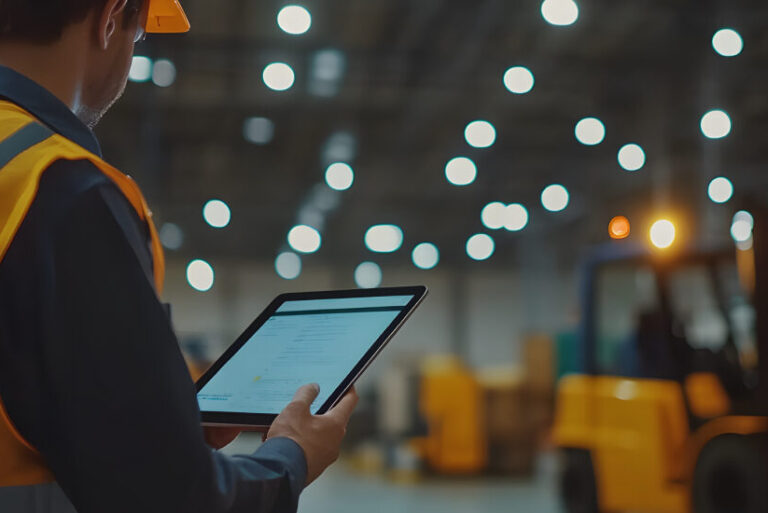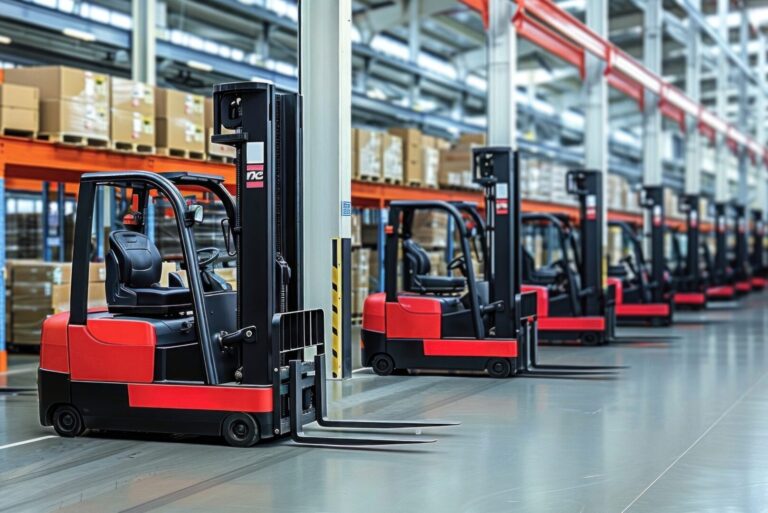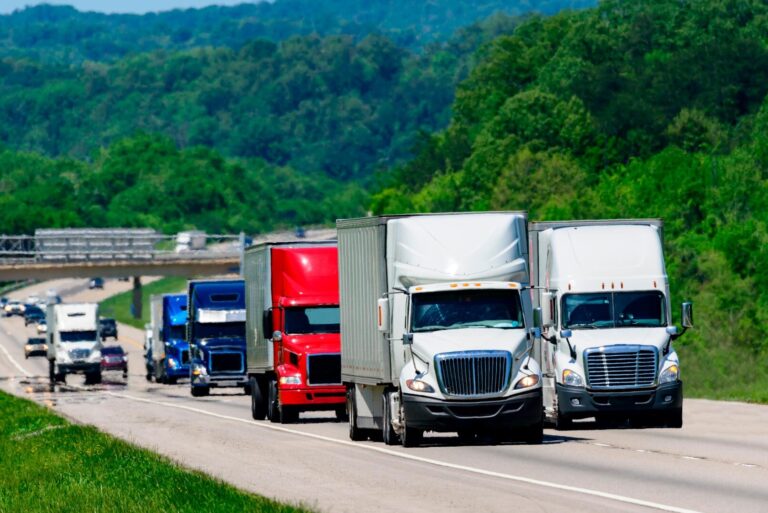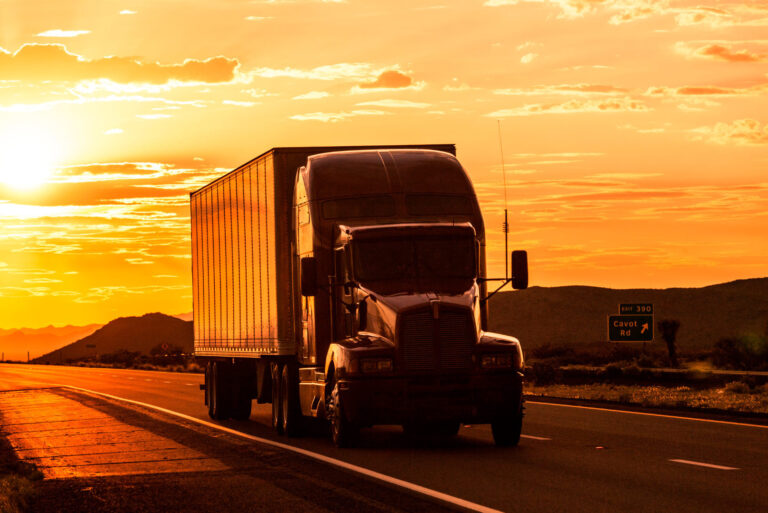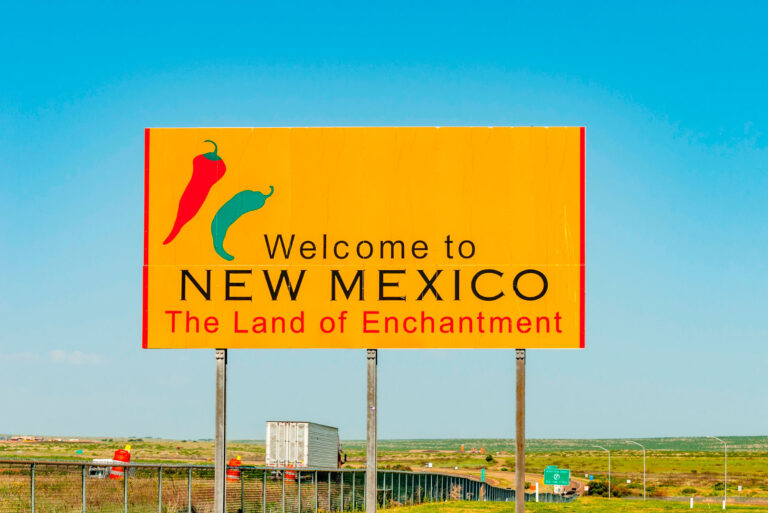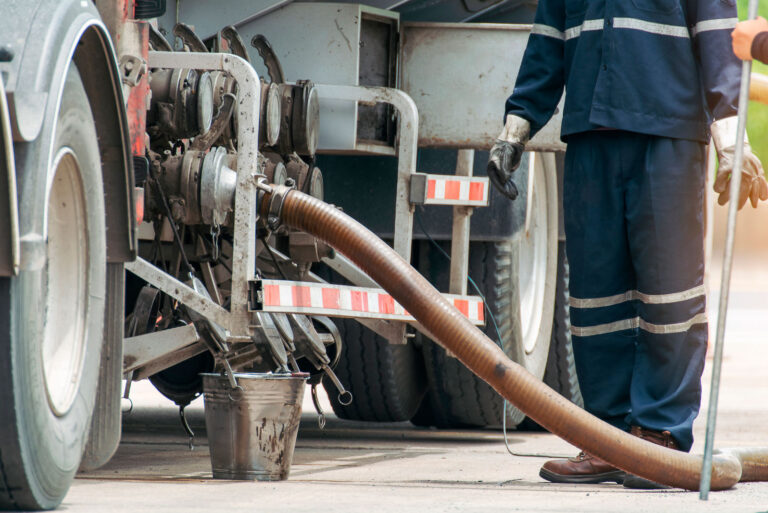The Advanced Clean Cars II Rules: Oregon and Washington Following California's Lead in Zero-Emission Vehicles
January 28, 2024
In recent years, California has implemented incentives and regulations to push the adoption of clean fuels. Now, Oregon and Washington are following California’s lead with the Advanced Clean Cars II Rule (ACC II), which will require all light-duty vehicles sold in these states to be zero-emission or plug-in hybrid by 2035.
This article explains how the ACC II will affect Washington and Oregon vehicle sales, and how fleet owners can prepare for the transition to electric.
The Advanced Clean Cars II Rule
The ACC II comes as an expansion of the Advanced Clean Trucks (ACT) regulation, which was implemented in California in 2021 and adopted by both Oregon and Washington the following year. The ACT requires medium- and heavy-duty vehicle (MHDV) manufacturers to begin phasing in the sale of zero-emission vehicles over the coming decades.
Building off of the ACT and several other existing zero-emission vehicle (ZEV) programs, the ACC II targets emission reductions in light-duty vehicles. With this new regulation in play, vehicle manufacturers in Oregon and Washington are required to offer increasing percentages of electric and hybrid passenger cars, SUVs, and light-duty trucks. In doing so, the ACC II seeks to improve the availability and accessibility of ZEVs to vehicle owners, while simultaneously pushing the widespread transition to electric. These sales mandates take effect in model year 2025 for Oregon and model year 2026 for Washington, and will require all new vehicles to be electric or plug-in hybrid by 2035.
Adapting to the Advanced Clean Cars II Rule
While these regulations may pose obstacles for fleet owners adapting to the changing sales landscape, the ACC II in both Oregon and Washington are coupled with programs that will ensure infrastructure and costs keep ZEVs a feasible option for all vehicle owners.
New ZEVs bought in Oregon come with durability and warranty provisions that ensure electric and hybrid vehicles are suitable replacements for gas vehicles. Additionally, the Oregon Department of Transportation has committed to installing public EV charging stations across all major interstates in Oregon.
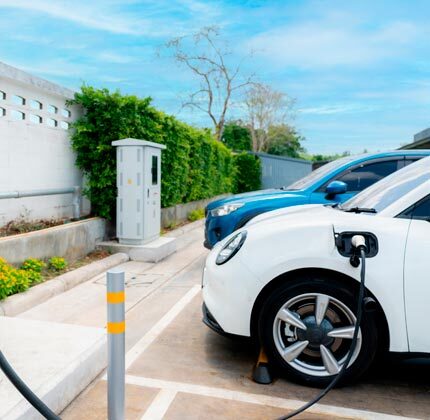
Currently, the Washington Clean Fuel Standard and the Oregon Clean Fuels Program offer financial incentives for fleet owners who transition to electric ahead of schedule. These programs enable fleets to earn credits based on the reduced carbon emissions from their ZEVs, which can be sold to fuel suppliers in a carbon deficit, offering fleet owners additional sources of revenue. These incentives will only be available to fleet owners as long as electric vehicles are not mandated, so fleet owners should take advantage of rebate opportunities as soon as possible.
Learn more about rebate opportunities in Oregon and Washington, and see how Smart Rebates™ can help your fleet transition to electric ahead of schedule.
Related Posts

